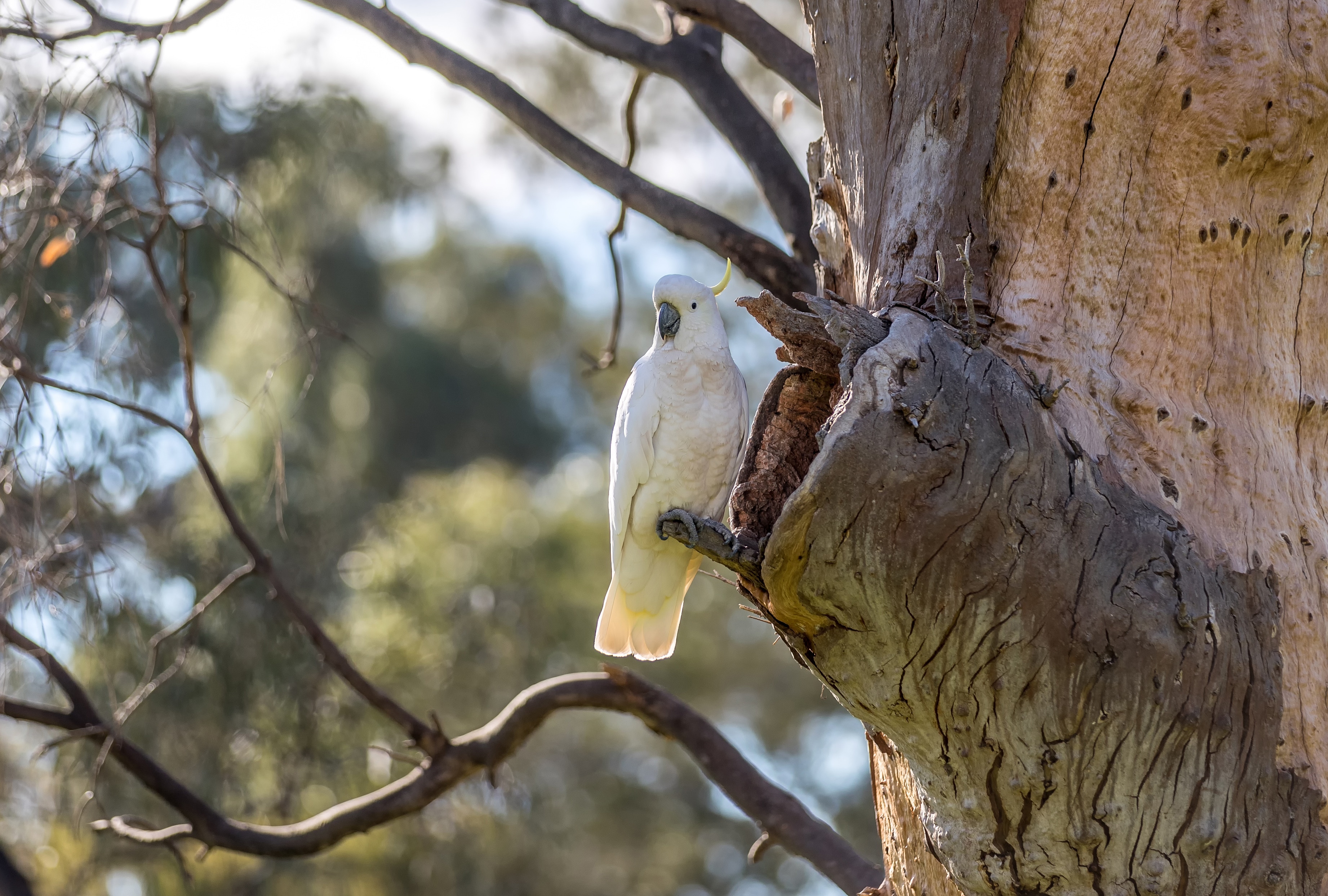Next Wednesday and Thursday we see the final open days before the summer holiday. These open days are taking place across almost the whole university, with most colleges and departments opening their doors to meet prospective students and their parents, carers, companions, or teachers. Here’s what you need to know…
WHAT’S IT ALL ABOUT?
Many students find that attending an open day is the best way to get a feel for the university. These events are opportunities to find out information about the various courses Oxford offers, discover the college system, perhaps go on a few college tours, ask the tutors and current students any questions you might have, and learn about fees and funding, and the application process.
HOW DOES IT WORK?
The university is made up of different colleges and departments, as well as central bodies. Colleges are your home when you’re in Oxford: some of your teaching is likely to take place there, and you would live in college for at least part of your degree. Colleges are small, supportive environments where you can study, socialise, and feel part of an intimate community. Facilities often include: accommodation, a dining hall or cafeteria, a library, tutors’ teaching rooms, music rooms, laundry rooms, and a common room (known as the JCR). Departments are where your subject is based e.g. ‘Modern Languages’. Some of your teaching will take place in the department, and there is usually a departmental library.
The great thing about the July open days is that all the colleges and most departments are open to prospective students at the same time, so you can really get a feel for the different constituent parts of Oxford University. Departments will be running talks on the courses they offer, and on admissions, which will often take place in the morning. Colleges will also be offering talks and tours of their grounds, as well as opportunities for parents to talk to college staff, and for you to find out more about funding opportunities, adjustments made for disabilities, and the welfare system.
Every department and college will have a slightly different way of running their open days and will have different things on offer. Information on topics like bursaries, career pathways, admissions, options for mature students and options for international students will also be available centrally at the Examination Schools. It’s really worth doing some planning in advance and identifying a couple of key talks you would like to attend or colleges you might like to explore, as the city gets very busy on open days and you’ll find yourself pressed for time. That said, you can often just wander in on an open day if a particular college catches your eye.
Full the full list of talks and tours offered across the University, see the open day guide.

WHEN?
The open days are on Wednesday 3 and Thursday 4 July.
There will be different timings for different departments and colleges. The Modern Languages programme is available here. We’ll be running formal talks on Medieval and Modern Languages at Oxford at 10.30-11.30 and 2.30-3.30 (the afternoon talk is a repeat of the morning). You don’t need to book for these: we’ll be letting people in on a first-come, first-served basis so just make sure you arrive in plenty of time.
We’ll also be running a drop-in session from 11.30 to 12.30. This is your chance to ask the tutors any questions you might have about the degree.
WHERE?
Everywhere! The open days really do take place all across central Oxford: you’ll probably find that you cover a fair amount of ground as you explore. If you’re not fully mobile, you might consider planning your route between colleges and departments quite carefully using the open day map, and it could also be worth contacting the departments or colleges you would like to visit in advance so that they can advise you about accessible entrances to venues. Oxford’s Access Guide is available here.
The Modern Languages events will take place at The Taylor Institution (number 22 on the map) on St Giles. This building is also the home of our Modern Languages library, and library tours will be running between 9.15 and 10am, and between 12.45 and 2pm.
TRAVEL TO OXFORD
Open days are very busy events and the city sees a high volume of traffic, as well as more congestion on trains and bus routes. Parking in Oxford is extremely difficult. If you are planning to drive to Oxford, we would suggest you use the park and ride facilities and allow plenty of time for your journey. There’s lots of travel advice for open days available here. Helpers will also be stationed at the Park and Ride, and the Railway station to offer advice. You might be able to benefit from help with the cost of travelling to an open day. See here for more information.
WHERE CAN I FIND MORE INFORMATION?
You can find out all about the Oxford open days on the university’s website. We’d love to meet any prospective students and their parents, carers, or teachers at the open days. If you can’t make it this time, there will be a final open day on Friday 20 September. And if that’s also not an option for you, we’re always happy to answer questions from prospective students – get in touch at schools.liaison@mod-langs.ox.ac.uk.




